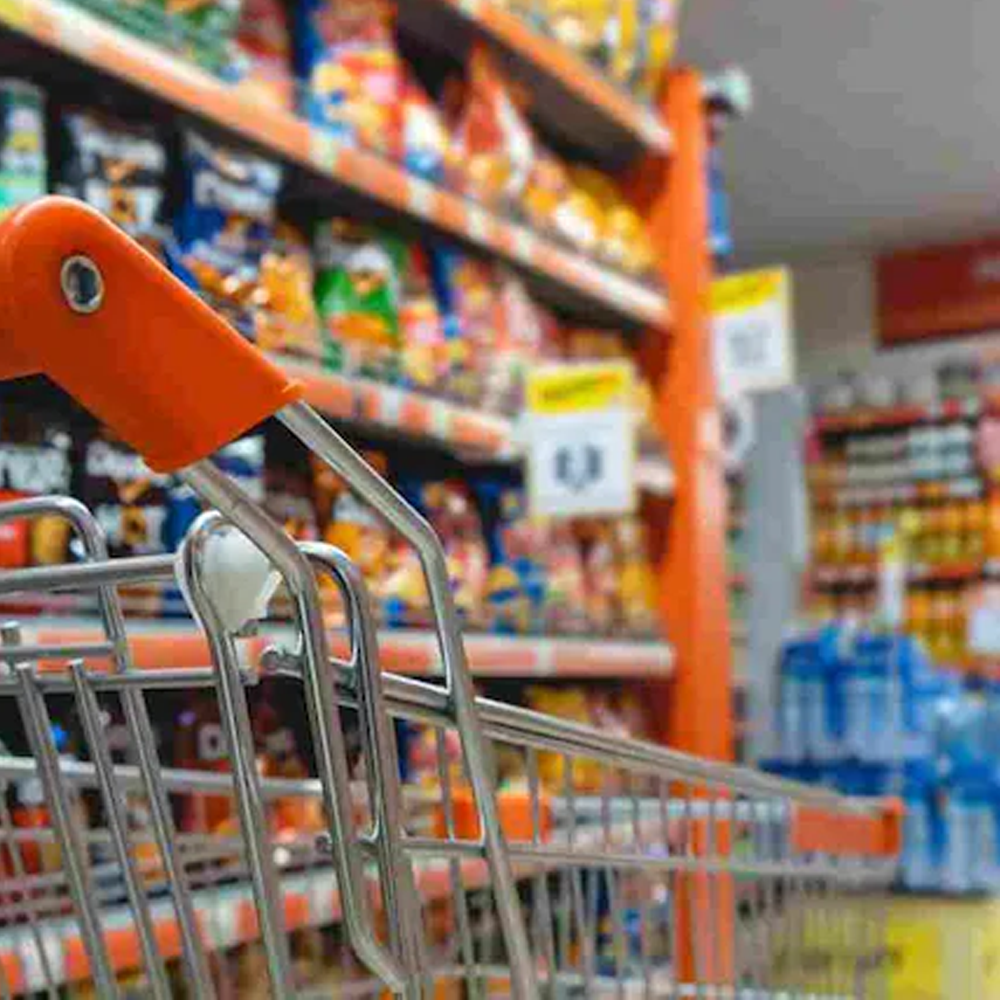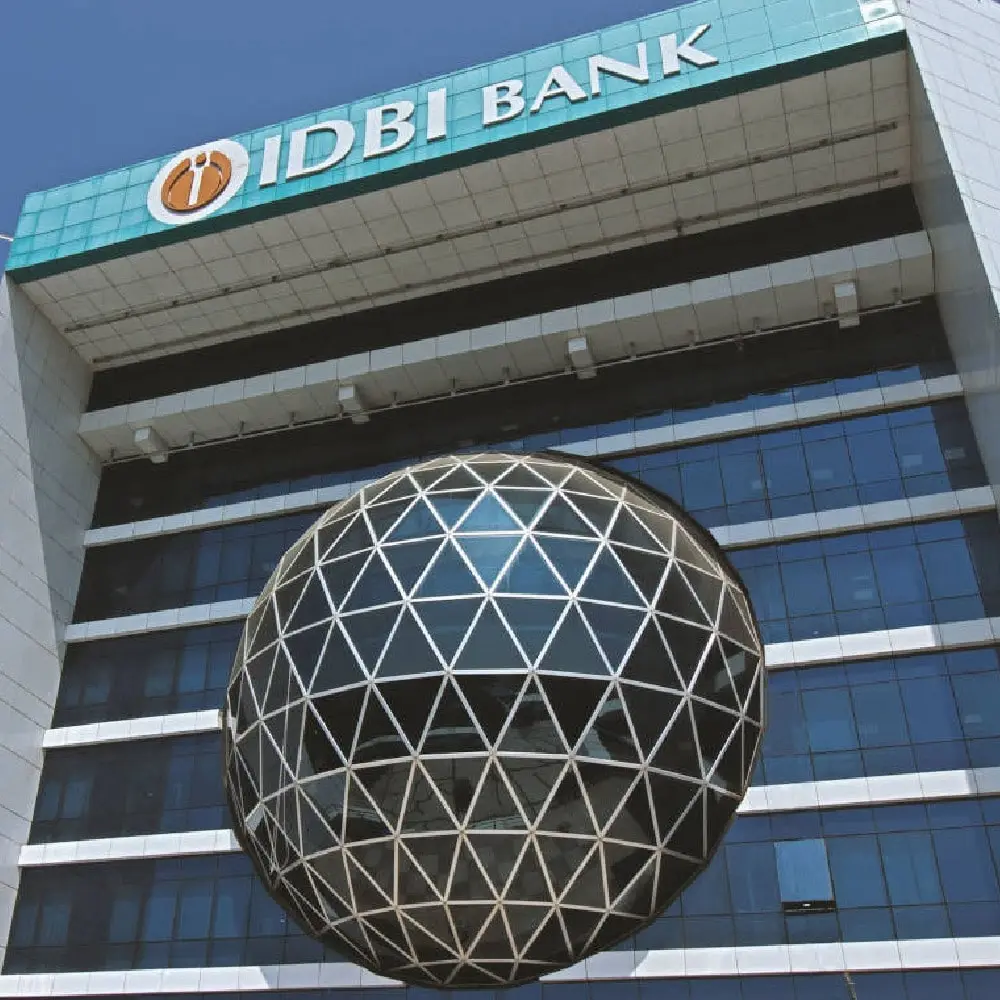To fend off competition and assure volume recovery, producers of fast-moving consumer products would need to resort to further price reductions, according to analysts at BNP Paribas.
Undoubtedly, during the last two years, producers of consumer products have increased their prices significantly in reaction to rising commodity costs. In actuality, the cost of soaps and detergents has increased by 40–50% during the last two years.
The report indicated that price increases in significant categories had “stabilized,” as opposed to a sudden drop, which it said was necessary to increase volumes.
“So far, the price cuts have been limited and largely confined to the value segment. We believe price cuts might be needed to drive volumes. We also see a risk of an increase in unorganized competition if prices are not lowered. Price hikes have been a key driver of sales growth in several categories. As pricing continues to ‘anniversaries’ (part of the base), we expect revenue growth challenges to re-emerge, especially in 2HFY24,” analyst Kunal Vora said in a consumer price tracker report.
Despite having peaked in the early part of FY23, prices for the majority of commodities have been declining but are still higher than pre-covid levels. To boost volumes, FMCG businesses have been forced to convey some advantages to customers in the form of price reductions and grammage reversals.
“On an annual basis, prices are falling in categories like soap and edible oil. However, dairy and biscuit category firms like Britannia have started raising pricing on a few brands because of the continued high costs of certain agricultural commodities including wheat, milk, and sugar.”
they said. Companies will need to initiate further price cuts in the soaps category to drive volumes.
In contrast, the leading brand in the oral care category, Colgate Strong Teeth, had a price rise of over 20% year over year in FY23 but relatively constant pricing in 1QFY24. According to the research, price change year over year will slow to single digits in 1QFY24.
On the other hand, the cost of detergents has increased dramatically by 40% in the previous two years. Prices for several packs of detergent have decreased by 6–7%, notably in the bar sector. Except for Ariel, which reduced its price by 6% in May-June 2023, the powder category did not see any pricing adjustments.
“We see a potential increase in competitive intensity if prices are not lowered. Prices of tea and coffee have moved up in the last year. Both categories have seen price hikes in the last two months as well. Edible oil is the only category showing price deflation year-on-year as well as on a two-year CAGR basis,” according to the report that tracked prices of daily goods.
Given positive factors from declining raw material costs, the FMCG industry as a whole seems “well poised” in the first half of FY24. BNP Paribas anticipates revenue growth to decelerate in the second half of FY24 as price advantages wane and growth shifts to being volume-driven.















